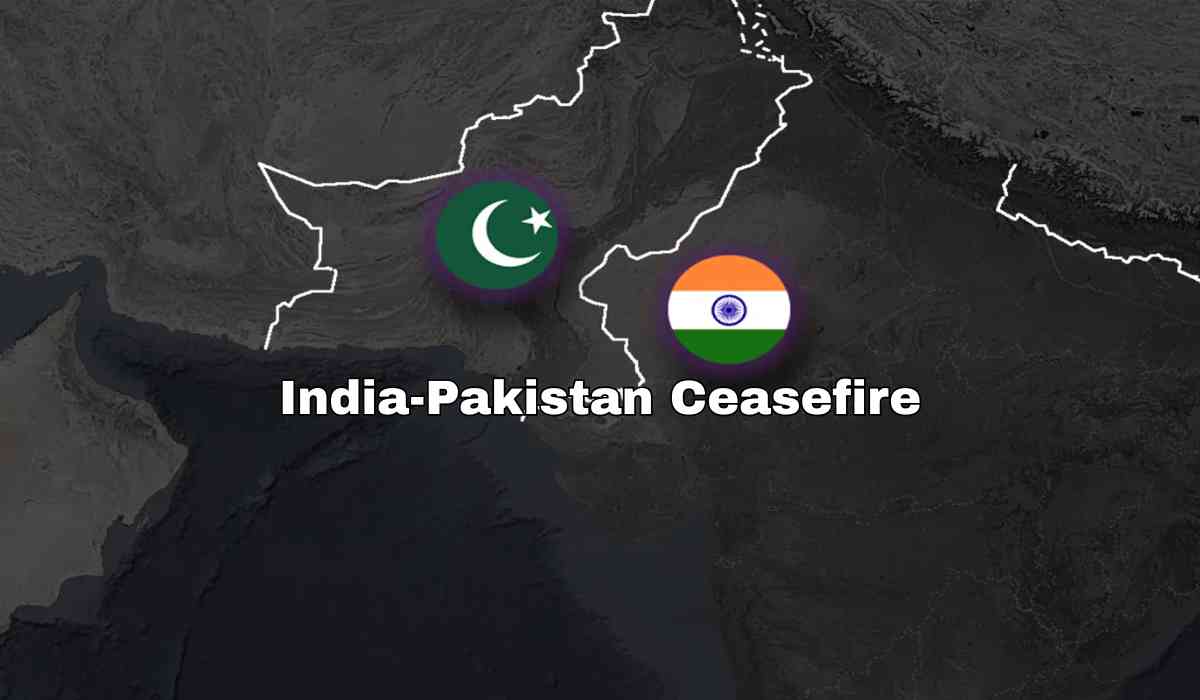India and Pakistan, two nuclear-armed neighbours with a fraught history, recently agreed to a ceasefire after a surge in cross-border tensions. However, the truce was soon followed by fresh violations, raising concerns about the sustainability of peace efforts. This development also brings focus to the punitive actions India took following the deadly Pahalgam terror attack, particularly the suspension of the Indus Waters Treaty and a range of other diplomatic, trade, and military responses.
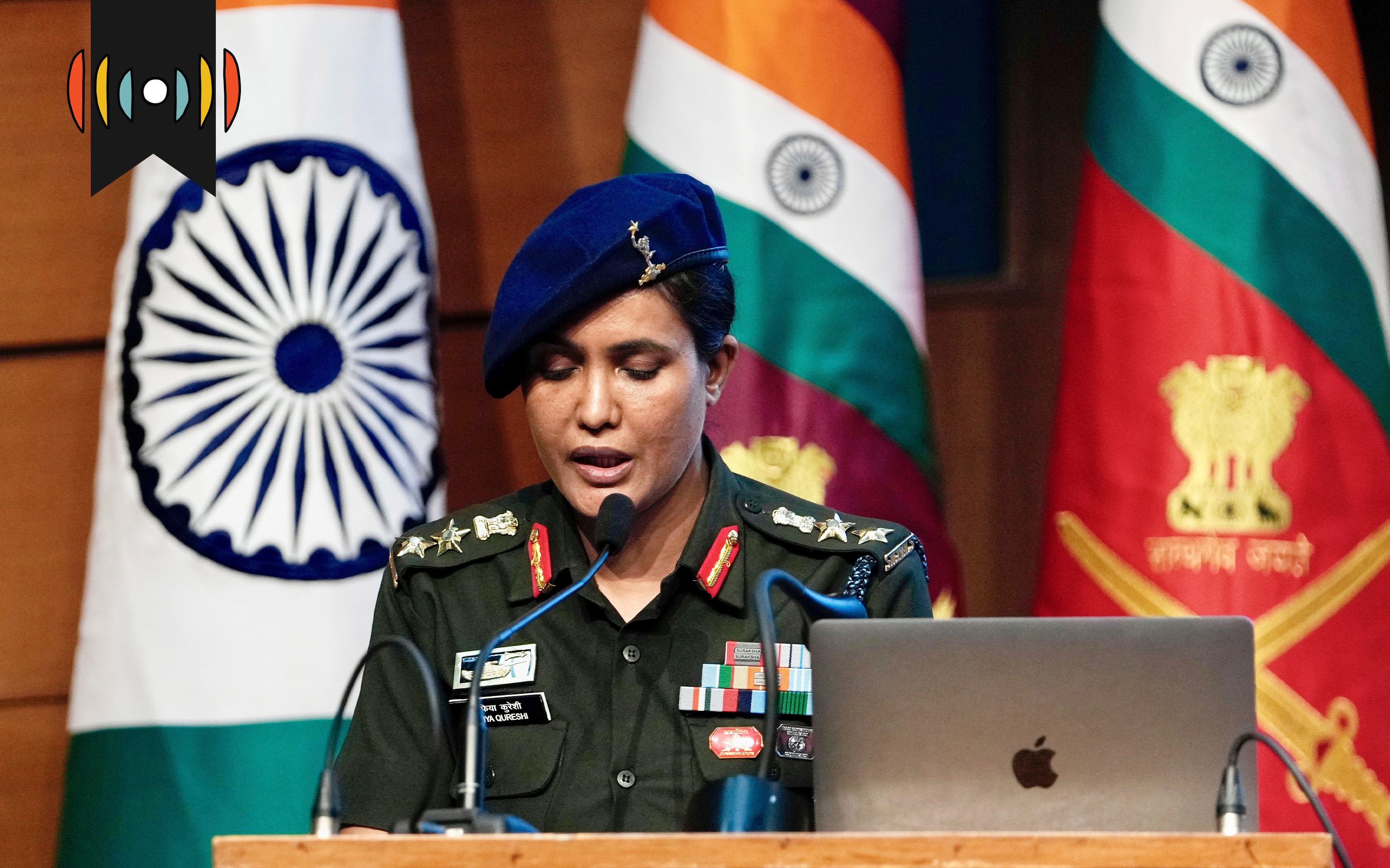
Ceasefire Announced, but Quickly Violated
On a recent Saturday afternoon, a significant diplomatic and military development unfolded: India and Pakistan agreed to a ceasefire at 5:00 PM. This agreement followed a phone call initiated by Pakistan’s Director General of Military Operations (DGMO) to his Indian counterpart at 3:30 PM.
However, optimism was short-lived. Mere hours after the ceasefire came into effect, Pakistan reportedly violated the truce. Several drones were sighted in the Jammu and Kashmir region, followed by multiple explosions. Indian security forces responded promptly, deploying air defence systems to neutralize the aerial threats.
Despite these provocations, relative calm prevailed overnight along the Line of Control (LoC) and the International Border (IB), with no further reports of direct confrontation or firing.
Status of the Indus Waters Treaty: Suspension Remains in Effect
Background and Significance of the Treaty
The Indus Waters Treaty (IWT), brokered by the World Bank in 1960, is a critical water-sharing agreement between India and Pakistan. It allocates the water of six rivers—Sutlej, Beas, Ravi (eastern rivers), and Indus, Jhelum, Chenab (western rivers). Under the agreement, India has full control over the eastern rivers, which account for approximately 33 million acre-feet (MAF) of water annually. Meanwhile, Pakistan receives around 135 MAF from the western rivers, supporting nearly 80% of its agricultural irrigation.
Suspension Following Pahalgam Attack
Following the terror attack in Pahalgam, which claimed 26 lives, India withdrew from the treaty in April. Despite the new ceasefire, the Indian government has not reversed its decision.
According to sources in the Ministry of External Affairs, “There is no pre or post-condition of the ceasefire. The call was initiated from Pakistan. The Indus Water Treaty to remain in abeyance…India’s measures announced against Pakistan on April 23 remain in place.”
This means:
-
No hydrological data will be shared with Pakistan.
-
India will continue with planned water infrastructure projects on the three northern rivers.
-
Pakistan, which has denied involvement in the Pahalgam attack, is reportedly exploring international legal options to challenge India’s withdrawal from the treaty.
The Ministry of External Affairs said,
“There is no pre or post-condition of the ceasefire. The call was initiated from Pakistan. The Indus Water Treaty to remain in abeyance…India’s measures announced against Pakistan on April 23 remains in place.”
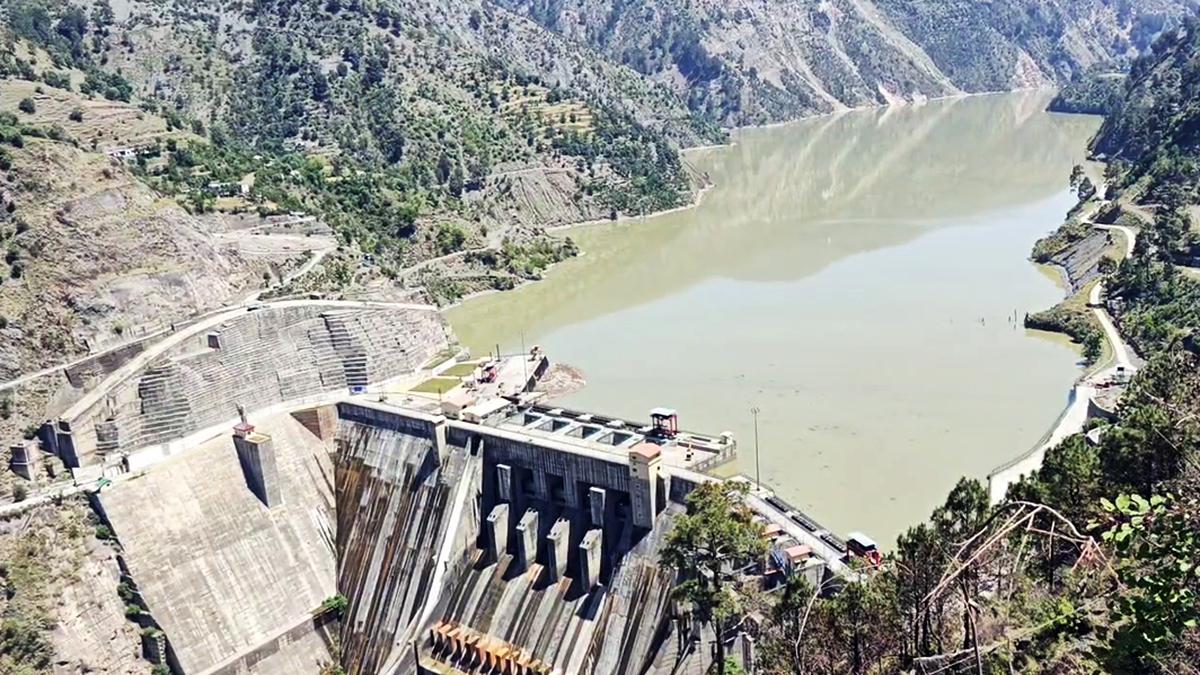
Cross-Border Tensions Along IB and LoC
Ceasefire Terms
The ceasefire agreement included a mutual commitment to halt all military activity—on land, sea, and air. While no official firing was reported along the LoC or IB after the truce, the detection and neutralization of drones in Jammu, Srinagar, and even Gujarat raised immediate concerns about Pakistan’s adherence.
India’s Response
At a late-night press briefing, Foreign Secretary Vikram Misri accused Pakistan of breaching the ceasefire. He emphasized that:
“The armed forces have been instructed to respond firmly to any future breaches along the International Border and the Line of Control.”
He urged Pakistan to act responsibly and take corrective steps to prevent further violations.
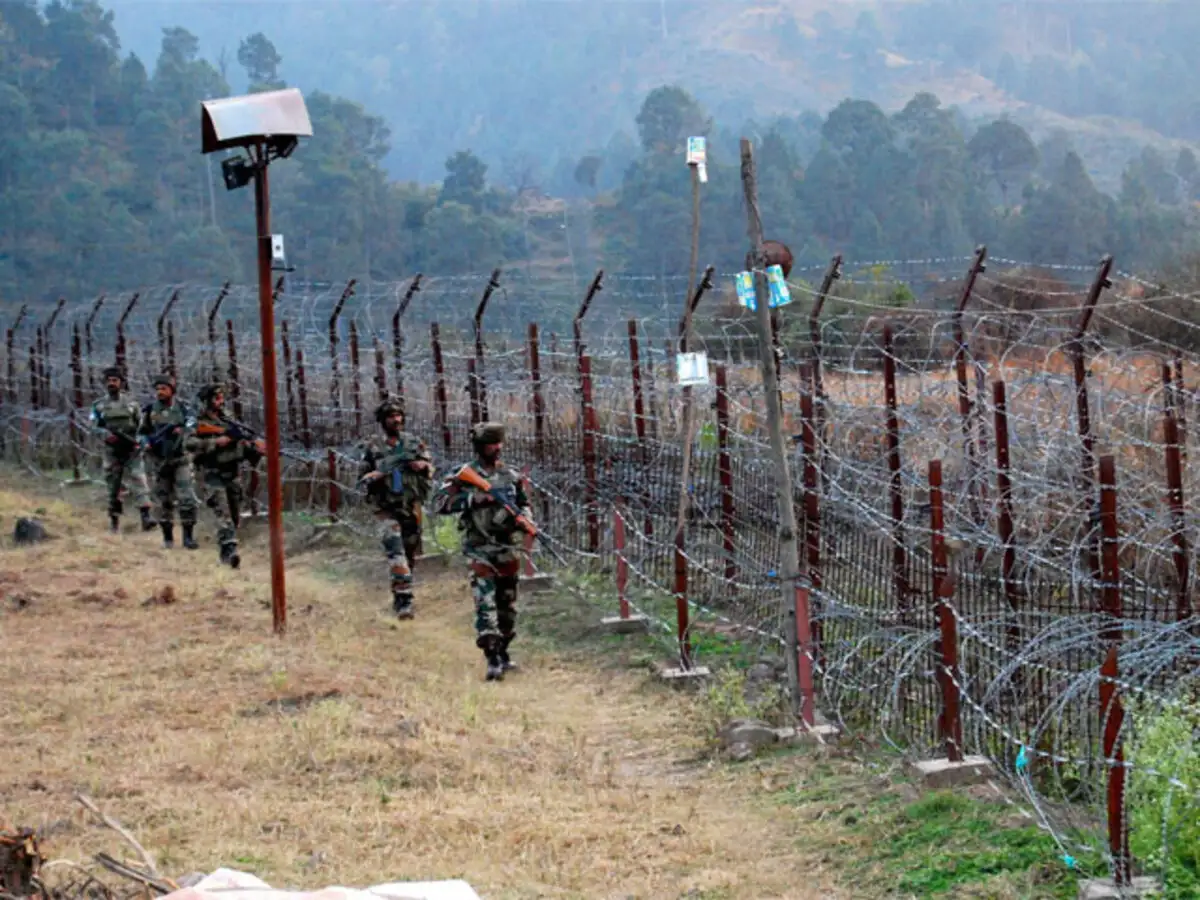
Suspension of Kartarpur Sahib Corridor Services
Historical Significance of the Corridor
The Kartarpur Corridor, a 4.7-kilometre visa-free passage, connects Gurdwara Darbar Sahib in Pakistan—where Guru Nanak Dev, the founder of Sikhism, spent his final years—with Dera Baba Nanak in Punjab, India. It was inaugurated in 2019 as a significant confidence-building measure.
Temporary Suspension Amid Rising Tensions
Foreign Secretary Vikram Misri announced that services through the corridor have been suspended until further notice. According to sources, India’s stance on the suspension is firm and is directly tied to Pakistan’s continued support for anti-India elements.
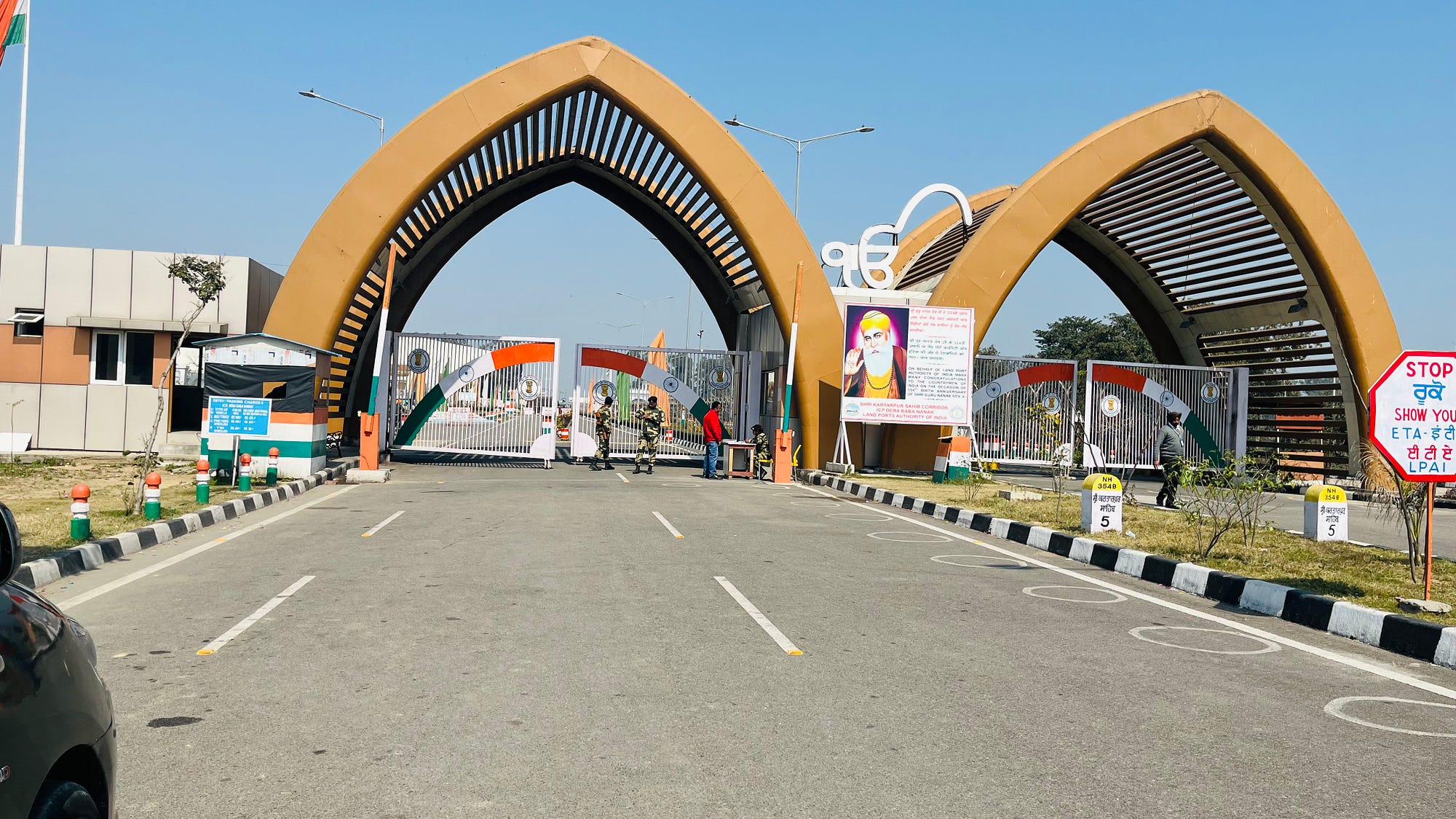
India’s Firm Stance on Terror: Future Attacks Will Be Considered Acts of War
A Policy Shift in National Security
India’s posture in the aftermath of the Pahalgam attack has become markedly more assertive. According to multiple media outlets, including CNN-News18, India has sent a clear warning to Pakistan:
“Any future terror strike on Indian soil will be treated as an Act of War.”
What Constitutes an 'Act of War'?
An Act of War refers to any use of force or violence that endangers a nation’s sovereignty, territorial integrity, or the lives of its citizens. By framing future terror incidents in these terms, India is making it clear that it will no longer treat such attacks as isolated events but as direct assaults on the state.
This policy is intended as a deterrent and underscores India’s readiness to respond with military force if provoked again.
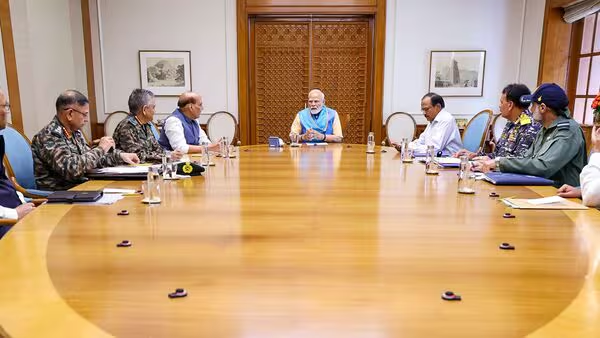
Diplomatic Fallout: Attari Check-Post Closed, Saarc Visa Scheme Cancelled
Diplomatic Fallout
India has scaled back diplomatic ties with Pakistan. Key measures include:
-
Reduction of staff at Indian and Pakistani diplomatic missions.
-
Expulsion of senior defence officials and diplomats from Pakistan’s High Commission in Delhi.
-
Closure of the Attari-Wagah border, a major land route for bilateral trade and civilian transit.
Saarc Visa Scheme Cancelled
India has also revoked all visas issued to Pakistani nationals under the Saarc (South Asian Association for Regional Cooperation) scheme. Pakistani citizens already in India were given 48 hours to exit the country. This policy will continue until further notice, signalling India’s hardened diplomatic stance.
Closure of the Attari-Wagah Border
In line with these measures, the Attari integrated check-post, a vital land crossing between India and Pakistan in Punjab, was also shut down. These decisions will remain in place, Indian officials confirmed, regardless of the ceasefire.
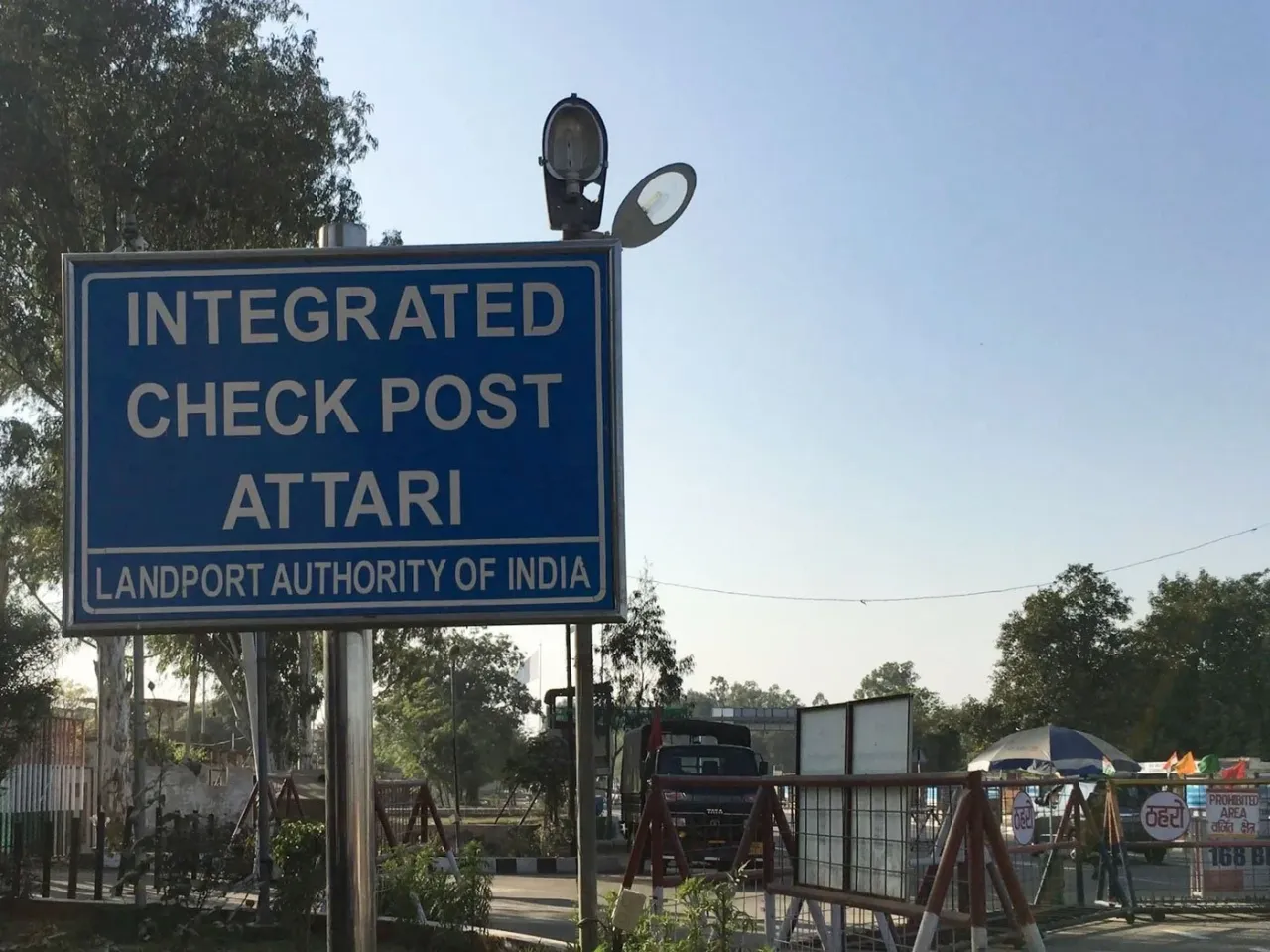
Suspension of Bilateral Trade
India has halted all trade with Pakistan, asserting that economic engagement is impossible amid ongoing terrorist threats.
Foreign Secretary Vikram Misri made it clear that:
“Trade will only resume if Pakistan takes verifiable action against terror groups operating from its soil.”
This economic isolation aims to exert pressure on Pakistan to change its approach toward cross-border terrorism.
Closure of Indian Airspace to Pakistani Aircraft
In another strong move, India has closed its airspace to all Pakistani-registered, owned, operated, or leased aircraft, affecting both commercial and military flights.
India explained that the measure was a direct response to continued drone intrusions and cross-border hostilities. While Pakistan initially kept its own airspace open, India criticized this decision, arguing that it endangered civilian aircraft and undermined regional safety.
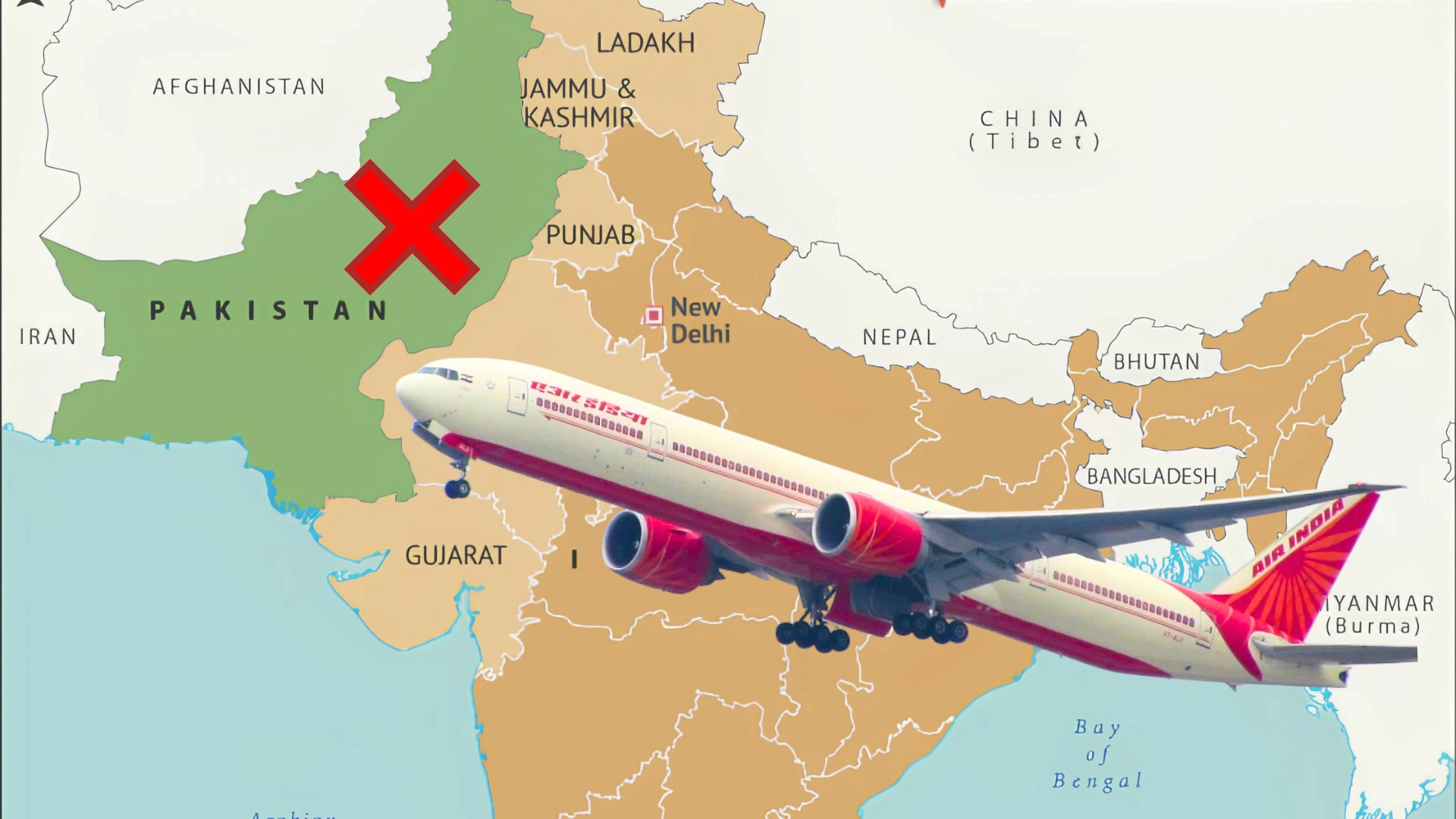
Ceasefire Offers a Pause, Not a Reset—India Holds Its Line
While the India-Pakistan ceasefire represents a temporary de-escalation, it does not signify a fundamental change in the bilateral relationship. Most punitive measures taken by India—including the suspension of the Indus Waters Treaty, Kartarpur Corridor services, diplomatic engagements, trade, and airspace access—remain firmly in place.
India’s policy is now shaped by a security-first approach. While the ceasefire may still hold symbolic value, the Indian government has left no room for ambiguity: future acts of terrorism will be met with uncompromising force, and diplomatic or economic normalization is off the table unless Pakistan takes credible action against terrorist entities.
The path to lasting peace remains fraught with challenges—but for now, the ceasefire offers a small window of hope, albeit with serious caveats.
With inputs from agencies
Image Source: Multiple agencies
© Copyright 2025. All Rights Reserved Powered by Vygr Media.

